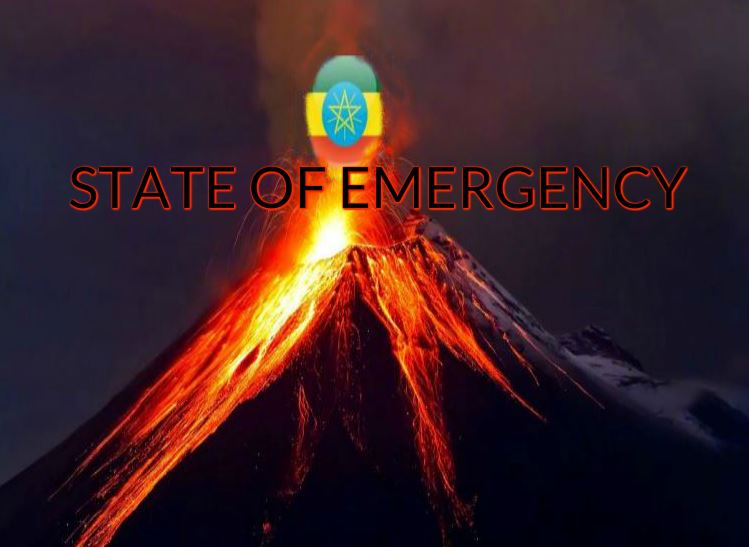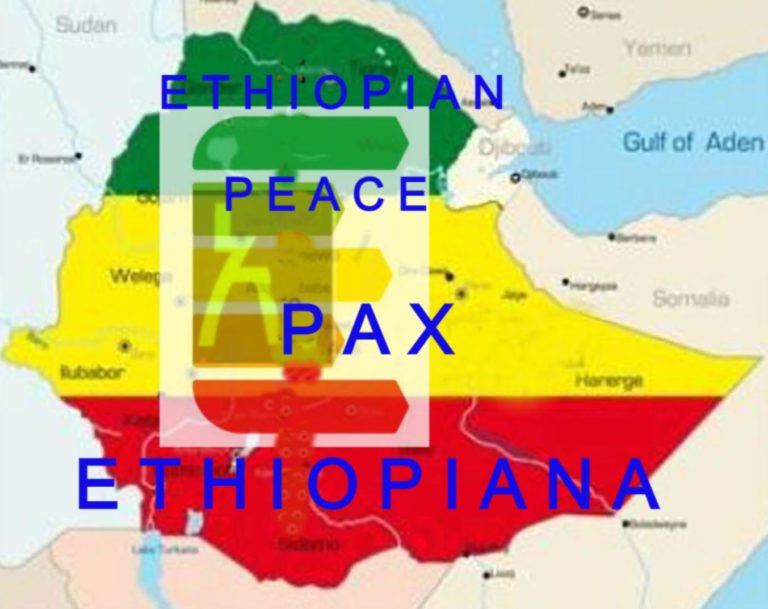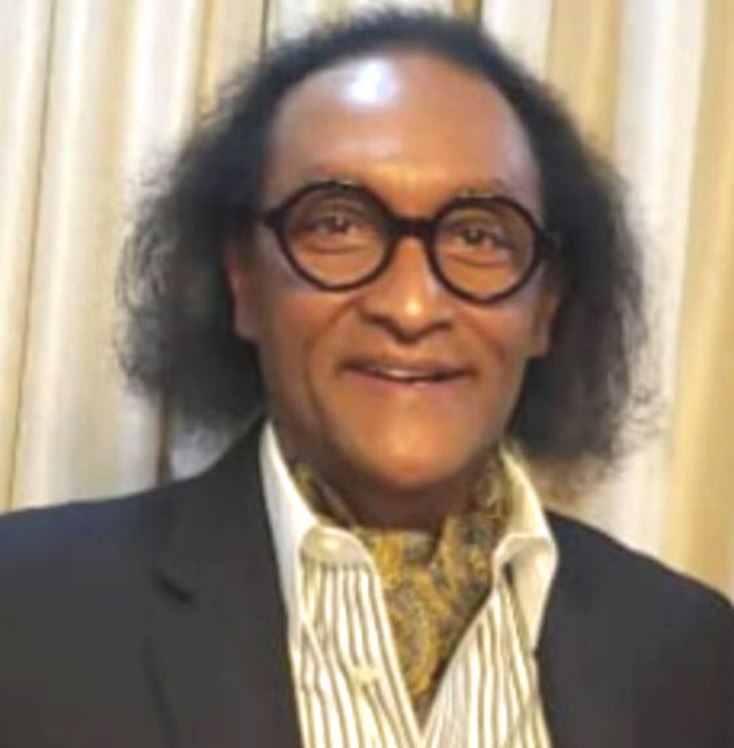Beggars and Choosers
Last week, Meles Zenawi explained to his parliament that the U.S. Congress bundled H.R. 2003 (Ethiopia Democracy and Accountability Act of 2007) with the “wheat we beg from them” thinking that “it may be a good thing to tell us how to administer our affairs.” He added, “If this is what the U.S. Congress intended, it would be an expression of its arrogance and hubris.”
Banda.
Meles condemned H.R. 2003 and its supporters, but reassured his stupefied parliamentarians not to worry because the bill will not be enacted into law. For 25 minutes, Meles waxed eloquent on the American electoral and legislative process. He told his captive audience that “There is no such thing as an election board in America.” He emphatically asserted that elections are administered by the “ruling parties” in the various states.
He confidently declared that H.R. 2003 will not be enacted into law because it will not be passed by the Senate; and even if the Senate would pass it, the President will certainly veto it. He explained that both the Senate and the President understand the “bill is wrong and that Ethiopia is a poor country, not a poor dog.” But even if it were enacted into law, Meles said, “we would reject it” because “our constitution would not allow it because it represents a violation of our sovereignty, and the only people who could make laws are sitting in this parliament.” American policy makers know that “Ethiopian American cooperation will stop if they seek to implement the law,” he concluded ominously.
He underplayed the potential consequences of H.R. 2003 on development programs in Ethiopia. He said U.S. aid is “important in our rural development efforts.” Inasmuch as “loss of every single penny from U.S. aid will hurt us, it will not undermine our development in the least.” Previously, he said, “foreign donors withheld one-third of our budget, but our economy grew by 11.8 %. We expect the same if U.S. aid were to be withheld.” (The U.N. United Nations Conference on Trade and Development’s Index for 2007, released in mid-November, reported that Ethiopia scored lower in trade and development than Chad, Burundi, and Zimbabwe. Ethiopia ranked 114th out of 123 countries in trade and development.)
It was a speech “full of sound and fury signifying nothing.” But much of the information given to the parliamentarians in the crash course on the American electoral and legislative process seemed, even to the lay person, implausible and intellectually pretentious, bordering on the sophomoric. Ethiomedia sought expert opinion on Meles’ analysis of the American system to dispel any misinformation communicated to the parliamentarians.
Here is what our experts said: No political party in the U.S. actually executes or administers elections. Election management, oversight and supervision is generally the responsibility of state officials in the office of the “Secretary of State”. Contrary to Meles’ claim, it is the Secretary of State of Florida that oversees and supervises all aspects of elections in that state, not Gov. Jeb Bush, President Bush’s brother, or the political parties. The Florida Secretary of State has comprehensive authority over the electoral process, including voter registration, political advertisement, campaign finance, poll workers, election certification and many other related activities. At the local level, registrars of voters organize and manage elections on election day.
A long time ago, American political parties used to play a direct operational role in the management of state elections. For instance, political parties dominated by whites used literacy tests to disqualify from voting black voters who could not read. Poll taxes were used to discourage poor blacks from voting; and all white primaries were used by the parties to deny blacks the opportunity to run for elected office. The direct role of political parties in the electoral process ended in 1944, when the U.S. Supreme Court ruled that political parties were state actors subject to the 14th and 15th Amendments, and well within federal judicial review. Other cases followed culminating in another landmark case in 1964 which established the principle of “one person, one vote”, sweeping away all of the political shenanigans used by the “ruling political parties” to monopolize political power, and opening the floodgates for black political participation at all levels of government.
Elections and their administration present complex issues under U.S. law. The rules governing elections at the national, state and local levels are formalized in the U.S. Constitution, the Acts of Congress, U.S. Supreme Court opinions and state laws. The Fourteenth and Fifteenth Amendments to the U.S. Constitution and the amendment enforcement clauses therein give Congress plenary power to regulate elections at the state level. The Voting Rights Act of 1965, for instance, requires federal “preclearance” before states and local jurisdictions with a history of discrimination could make changes in existing voting practices or procedures. It also empowers the Department of Justice to appoint federal observers and examiners to monitor state and local elections to ensure that they are conducted fairly.
The equivalent to an elections board in the federal government is the Federal Election Commission, which administers and enforces provisions of the Federal Election Campaign Act, Presidential Election Campaign Fund Act and Presidential Primary Matching Payment Account Act.
But many states in the U.S. have elections boards or their equivalents, contrary to Meles’ claims. Just a few weeks ago, for example, the U.S. Department of Justice sued the Board of Election of the State of N.Y. for its failure to comply with the 2002 Help America Vote Act (HAVA) passed by Congress. The Justice Department moved the federal district court to “consider taking compliance out of the hands of the state and placing it in the hands of the court or others appointed by the court to achieve compliance with federal law” if the elections board does comply immediately.
In a dramatic move, the Justice Department argued: “The fact that the defendants continue their noncompliance with the mandates of this court and federal law is unacceptable. The abject inability of the State Board of Elections today to present to the United States and this court one plan to comply with the mandates of federal law is extremely troubling, and raises the specter of the [elections board’s] continuing inability to function in the context of this litigation to achieve compliance with federal law.” (Emphasis added.) In sum, the expert opinion is that there are elections boards in the U.S., political parties do not manage elections, and the states are subject to a comprehensive scheme of federal electoral regulation.
Meles said, “H.R. 2003 is a curse. The U.S. Congress is making a law for Ethiopia about what kind of an election board it should have, what it should look like. We have a parliament here. Why should the U.S. Congress pass such a law?” The answer is simple. Congress does not want American tax dollars to be used to kill, torture, maim, imprison and persecute Ethiopian citizens. It has nothing to do with telling Meles how to run his show, or usurp the powers of his parliament. It has everything to do with NOT using American aid to massacre unarmed protesters, indiscriminately bomb civilian populations, and deny Ethiopian citizens basic human rights.
But, really, why “all the sound and fury”? Why is Meles so upset about H.R. 2003? Why is he so angry at Birtukan and Berhanu given his belief that H.R. 2003 will never pass? Why the tempest in a teapot?
The answer again is simple. House passage of H.R. 2003 has shaken Meles’ confidence to the core. It has deeply wounded his pride and punctured his over-inflated ego. It has made him a moral pariah. It became a personal indictment against him for violation of human rights and for being a “vicious dictator” and a “thug”, as he was described by Congressmen Chris Smith and Dana Rorabacher, respectively. Meles understands that in passing H.R. 2003, the U. S. House of Representatives sat as a jury of 435 and returned against him a unanimous verdict of guilty of massive human rights violations in Ethiopia.
And he is angry at Birtukan and Berhanu because they testified at his “trial” and told the truth. He is angry at Diaspora Ethiopians, whom he had demonized and scorned for years, because they were able to get even and turn the tables on him. In H.R. 2003, he became the tyrannical demon. Ultimately, the symbolism of H.R. 2003 was devastating to his own self-perception and the persona of the liberal democrat he always wanted to project to the rest of the world.
Meles called H.R. 2003 a “curse” not for anything harmful it does to Ethiopia, but because it has become his Scarlet Letter. The letter “D” representing his dictatorship will forever describe him and his tenure in office. H.R. 2003 will be a symbol of his moral depravity and flagrant disregard for human rights laws and the basic human rights of Ethiopians. He will wear H.R. 2003 as a badge of shame whether or not the bill is enacted into law.
But that is not all. H.R. 2003 also marks the formal end of his appointment by Clinton/Blair as one of the “new breed of African leaders.” That also means the end of his megalomaniacal fantasies of one day becoming a respected international statesman on the level of Kofi Anan or Joaquim Chissano of Mozambique, who recently received the first Mo Ibrahim Prize for good governance and national reconciliation in that country. Fantasy of a Nobel Prize for Peace? That also has vanished. H.R. 2003 has reduced him to the status of Robert Mugabe, Joe Kabilla, Mobutu Sese Seko, Idi Amin, Mengistu Hailemariam, or any of the other current or past two-bit African dictators.
In framing his verbal assault on H.R. 2003, Meles quoted a supposed Chinese proverb which says, “May you live in interesting times.” He said the proverb was “a curse”. Regardless of the ultimate outcome of H.R. 2003, the bill has forced him to “live in (very) interesting times.” H.R. 2003 is his curse, or cross to bear. As to the demands of H.R. 2003, can beggars be choosers? Or the tail wag the dog?





